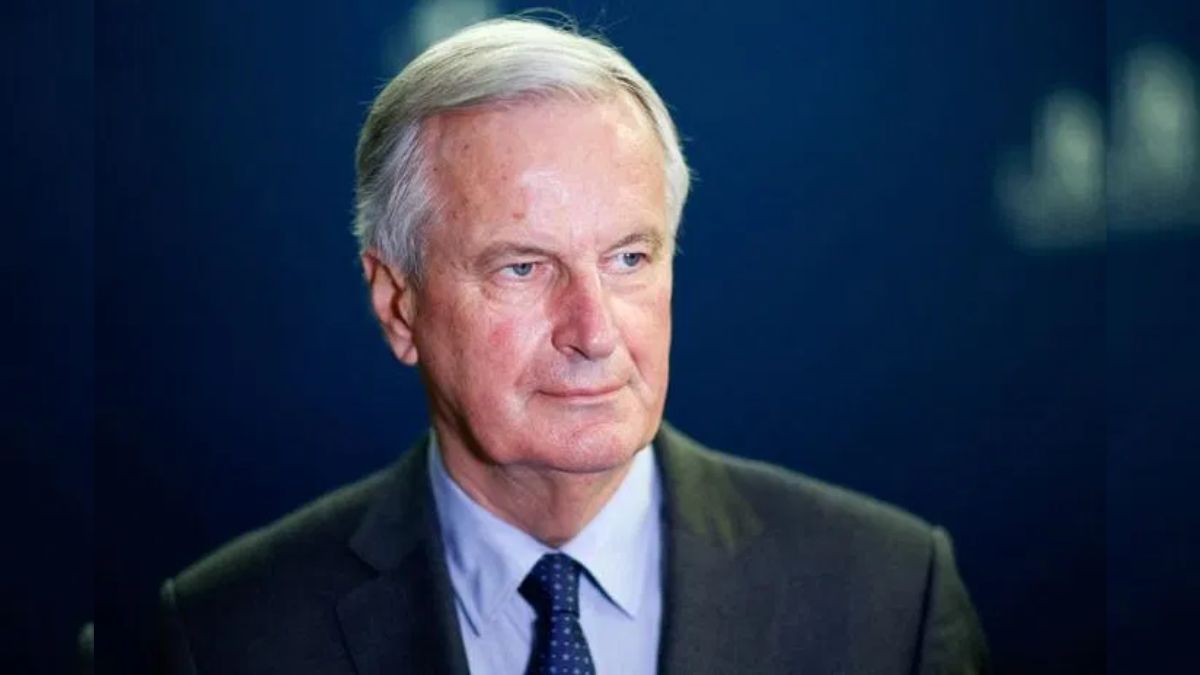French President Emmanuel Macron on Thursday (September 5) named the European Union’s (EU) former Brexit negotiator Michel Barnier as the country’s Prime Minister.
In France, the president names the prime minster, who can then be censured by parliament.
But who exactly is Barnier? And what has his political career been like? Here’s a quick look at it.
A right-winger the left doesn’t hate
Barnier, aged 73, is a veteran of the French conservative party Les Républicains (LR). The LR is one of the forces Macron had been flirting with in an effort to gain support in the country’s fractured lower house of parliament.
In France’s 2022 elections, Barnier had competed to be the LR presidential candidate. He lost to his rival Valérie Pécresse, and had been all but invisible in French political life since then.
AFP quoted a minister in the outgoing government as saying about Barnier that he was “very popular with right-wing members of parliament without being an irritant on the left”.
Barnier’s political career
Michel Barnier has a career spanning over four decades in both domestic and European politics.
At 27, Barnier was elected to parliament in 1978, representing the Gaullist, centre-right Savoie district. Barnier has held numerous ministerial roles in the French government, including Environment Minister (1993-1995), Europe Minister (1995-1997), and Foreign Minister (2004-2005).
One of the key moments in his early career was co-organizing the 1992 Winter Olympics in Albertville
His influence extends beyond France, having served as the EU’s Regional Policy Commissioner (1999-2004) and as EU Commissioner for Internal Market and Services (2010-2014), where he led significant financial reforms after the global financial crisis, despite facing resistance from London’s financial sector.
Impact Shorts
More ShortsEU’s chief Brexit negotiator
One of Barnier’s most well-known roles was as the EU’s chief Brexit negotiator following the 2016 referendum, where he navigated the long and messy process of the United Kingdom’s exit from the bloc.
During the talks, Barnier managed to cultivate an air of principled authority and somehow retained his job even as his British counterparts were losing theirs. The Financial Times quoted Nigel Farage, the man behind the success of the Brexit campaign in the UK, as saying, “I wish we could employ him.”
With inputs from Agencies
)